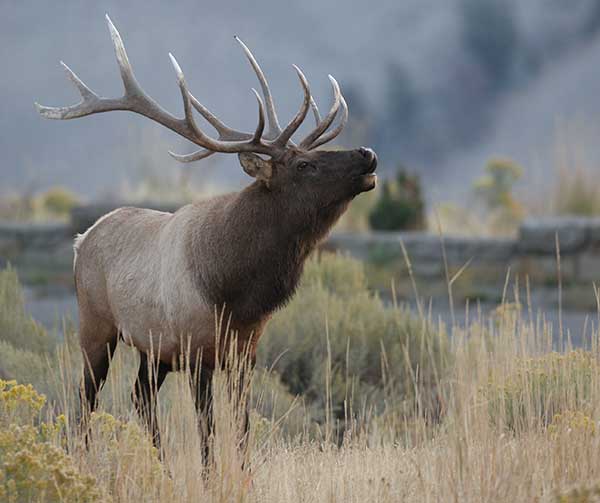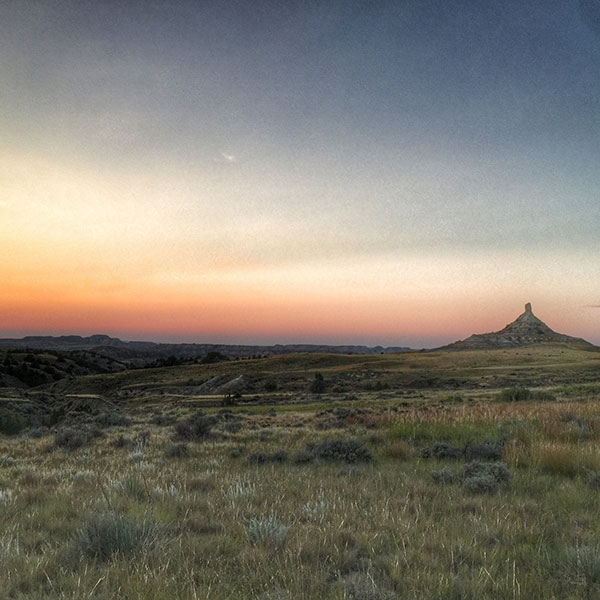
Last week, the Capitol was slammed with bills, including our highest priority public access bill of the session. MWF lobbyists and volunteers put in long days throughout the week to represent Montana hunters, anglers and other recreationists.
Removing Roadblocks on Public Roads
MWF’s access bill, HB 295, was heard this week before the House Judiciary Committee. This bill, sponsored by Rep. Tom Jacobson, would increase the fine for illegally gating a county road from the current $10 per day to up to $500 per day. It would allow county commissioners to issue encroachment permits to landowners for fencing within the right of way, but still guarantee a road can’t be closed. The bill would also maintain stream access from bridges.
We are working to build support for this common sense access bill. Please help by sending a message to the Legislature at https://montanawildlife.org/hb295/
Protecting Public Hunting Licenses
A bill meant to build relations between hunters and landowners that came out of the Private Land/Public Wildlife Council was amended in the House FWP Committee, and it turned into a divisive fight on the House floor that ultimately killed the measure. HB 96, sponsored by Rep. Zach Brown, would have given a landowner one elk license that could be given to a family member or full-time employee in exchange for allowing four public hunters. Unfortunately, the bill was amended to make the landowner license transferable to anyone, over the opposition of MWF and other advocates for public hunters.
When the bill was heard on the House floor, Rep. Brown tried to amend it back to its original form, but that failed. Ultimately Brown asked that his own bill be killed, and it died in a tight 52-48 vote. All Montana hunters should be grateful to Rep. Brown for his leadership and the difficult decision he had to make to kill his own bill.
Habitat Montana
One of our highest priorities this session is regaining full authority to spend Habitat Montana funds to purchase and protect vital lands. We took a big step forward this week when HB 5, the capital improvements budget, came out of the Joint Long Range Planning subcommittee with no restrictions on the program. We thank committee members for this vote in support of Montana’s hunters, anglers and recreationists, and Montana’s wildlife.
Other bills
MWF spoke against a a bill to revamp the administration of state parks which jeopardized federal fish and wildlife funding. Several other bills came up this week, including: SB 171, to prohibit restriction of certain deer permits (MWF opposed); SB 173 to prohibit use of out of state urine as a cover scent (support); and SB 187 to rohibit importing certain animal body parts from chronic wasting disease states (support).
Looking ahead
Once again, it should be a busy week at the capitol. Wildlife bills coming forward include SB 214 to allow limited spear fishing of game fish; and SB 218 to revise the apprentice hunter program.
As always, check the Montana Wildlife Federation bill tracker at www.montanawildlife.org for the most up-to-date information on bills and where they’re at in the process. For questions or to get involved in MWF’s legislative activities, contact MWF Conservation Director Nick Gevock at ngevock@mtwf.org or by calling 458-0227 ext. 108.





